-
Search -
Accessibility -
Members Login








Focus areas
The International Council of Voluntary Agencies (ICVA) was formed in Geneva in March 1962 through the merger of the Conference on Non-Governmental Organizations interested in Migration, the Standing Conference for Voluntary Agencies Working for Refugees, and the International Committee for World Refugee Year.
It began with 60 members as one of the first cooperation mechanisms for nongovernmental organizations (NGOs).
ICVA’s initial purpose was: “To build cooperation in refugee matters and extend this out to other areas. To open doors to work in all areas of voluntary agency activity that could benefit from a structured liaison, coordination information exchange and professional services.”
In the ensuing decades, it has expanded its focus to include protection, security, information sharing, UN and humanitarian reform, accountability, protection against sexual exploitation and abuse, complaints and investigation, humanitarian financing and capacity strengthening. It has grown into a diverse network of 140 NGOs, with an outreach of 8,000, operating in 160 countries at global, regional, national and local levels.
ICVA commemorated its 60th anniversary on Wednesday, 18 May 2022 with an online event
Transformations from past, present to future: NGO perspectives
Agenda:
Watch the recording of the event.
To mark the 60th Anniversary ICVA published a decade-by-decade snapshot of ICVA’s first 60 years. It tells the story of its birth, evolution and maturity as an international mechanism for NGO humanitarian cooperation, highlighting changing areas of focus, core activities and major achievements.
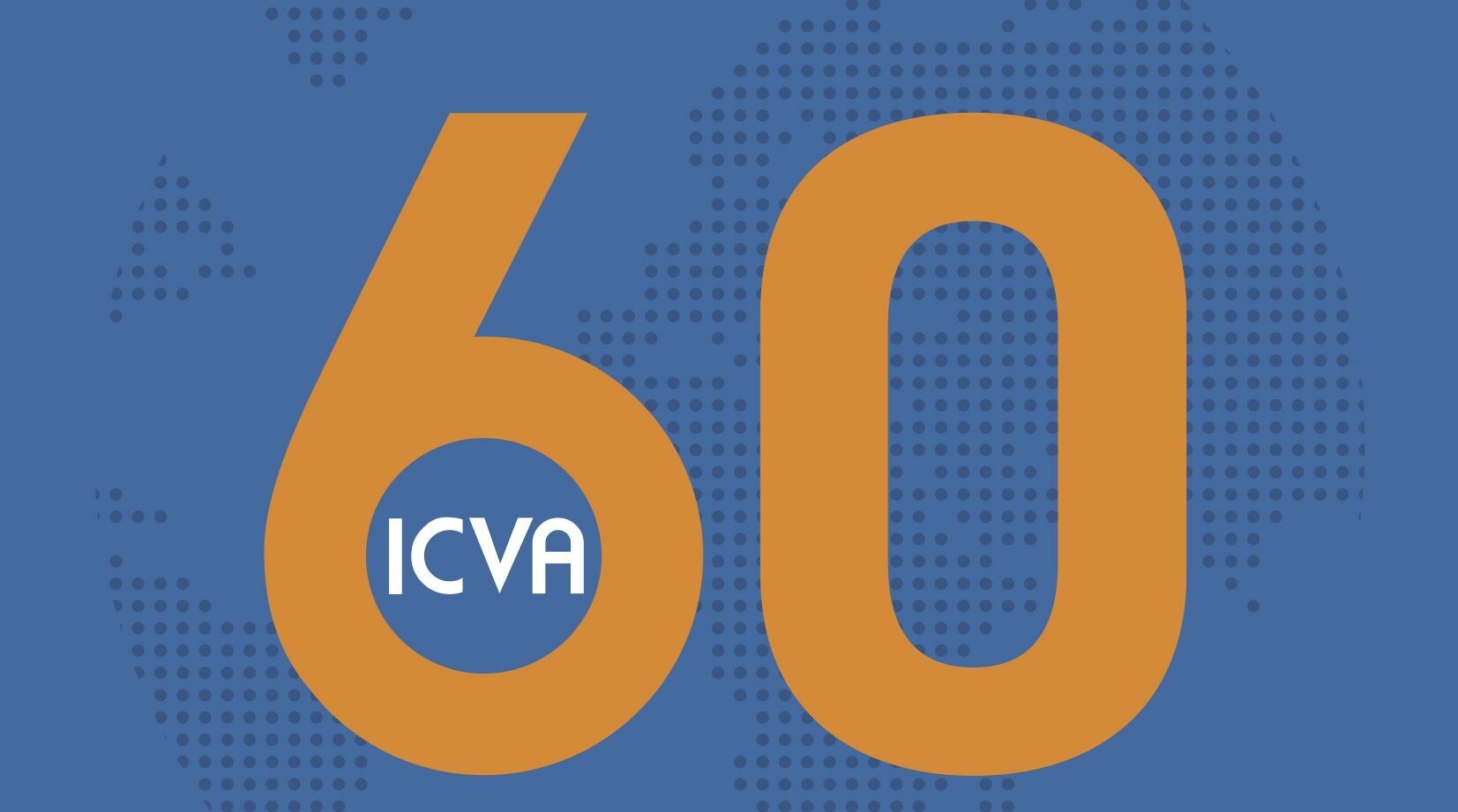
This review provides a decade-by-decade snapshot of ICVA’s first 60 years. It tells the story of its birth, evolution and maturity as an international mechanism for NGO humanitarian cooperation, highlighting changing areas of focus, core activities and major achievements.
There are two versions – a downloadable pdf, and an interactive online version.
The ICVA at 60 series is a collection of interviews with leaders of ICVA in the build-up to ICVA’s 60 anniversary in 2022.
Join us as we listen to ICVA Board members and staff, former and present, talk about some of the challenges during their time at ICVA.
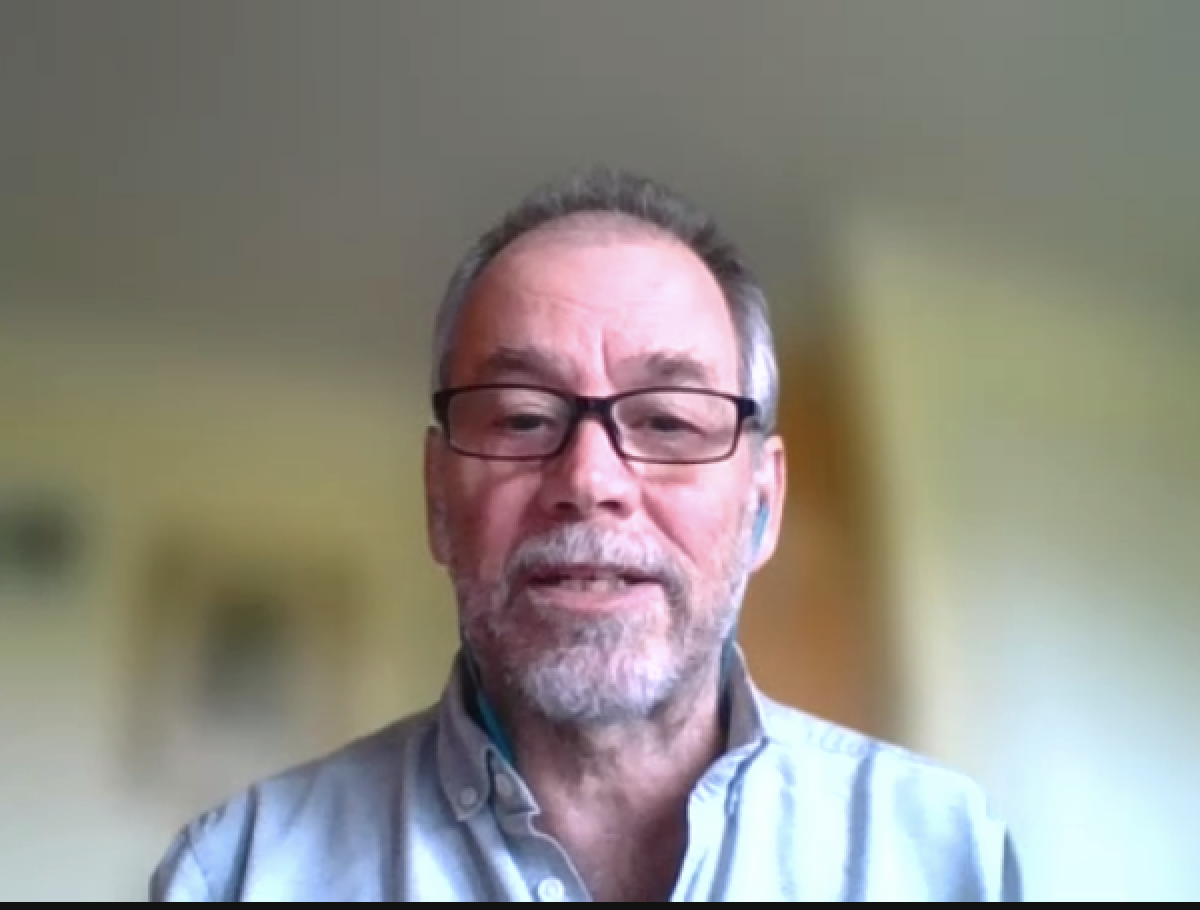
This conversation between Roger Yates and Robert White was recorded in July 2021 and is part of a collection of interviews with leaders of ICVA in the build-up to ICVA’s 60th anniversary in 2022. Roger was on the ICVA Board from 2012 to 2021 and was Chair of ICVA for the final two years.
Roger talks about the benefit of ICVA to the sector as a whole, the importance of collaboration, and how ICVA’s role at the World Humanitarian Summit helped people understand and engage with the sector and took their engagement to another level.
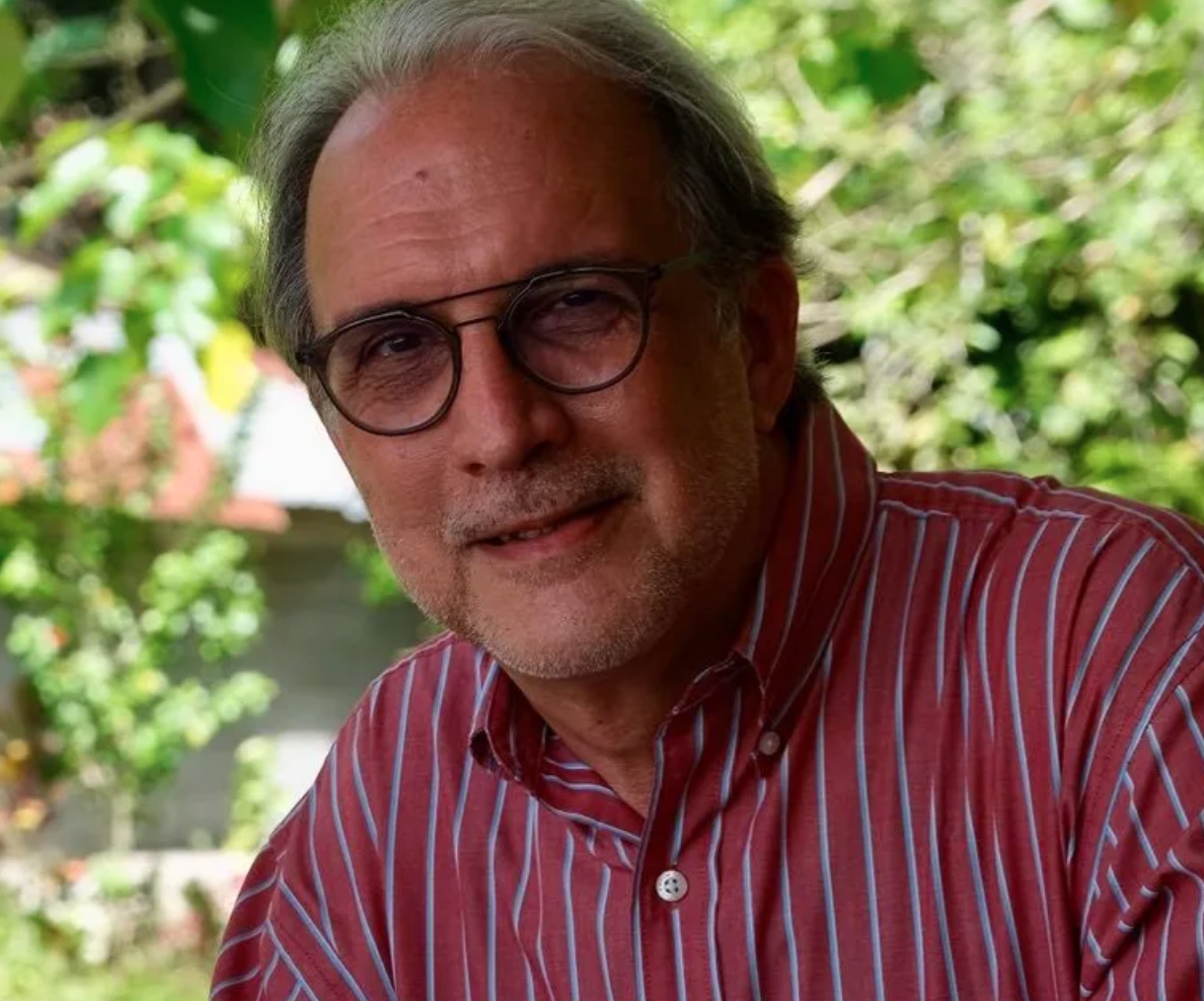
This conversation between Steven Muncy and Robert White was recorded in July 2021 and is part of a collection of interviews with leaders of ICVA in the build-up to ICVA’s 60th anniversary in 2022.
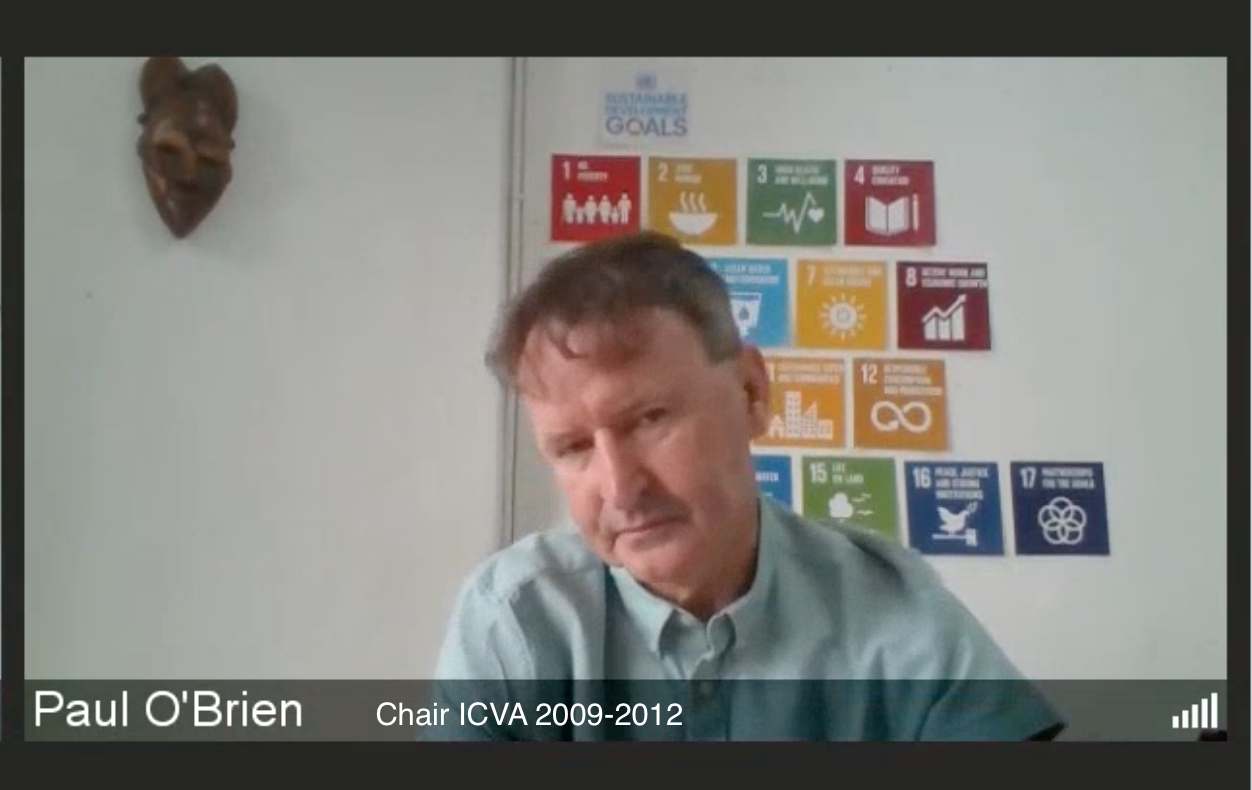
This conversation between Paul O’Brien and Robert White was recorded in July 2021 and is part of a collection of interviews with leaders of ICVA in the build-up to ICVA’s 60th anniversary in 2022. Paul was on the ICVA Board from 2006, and served as Chair from 2009-2012.
Paul talks about the need and challenge of involving local NGOs, how ICVA has been a catalyst for change, and that the need for coordination is even greater as with increasing humanitarian needs and complexity.
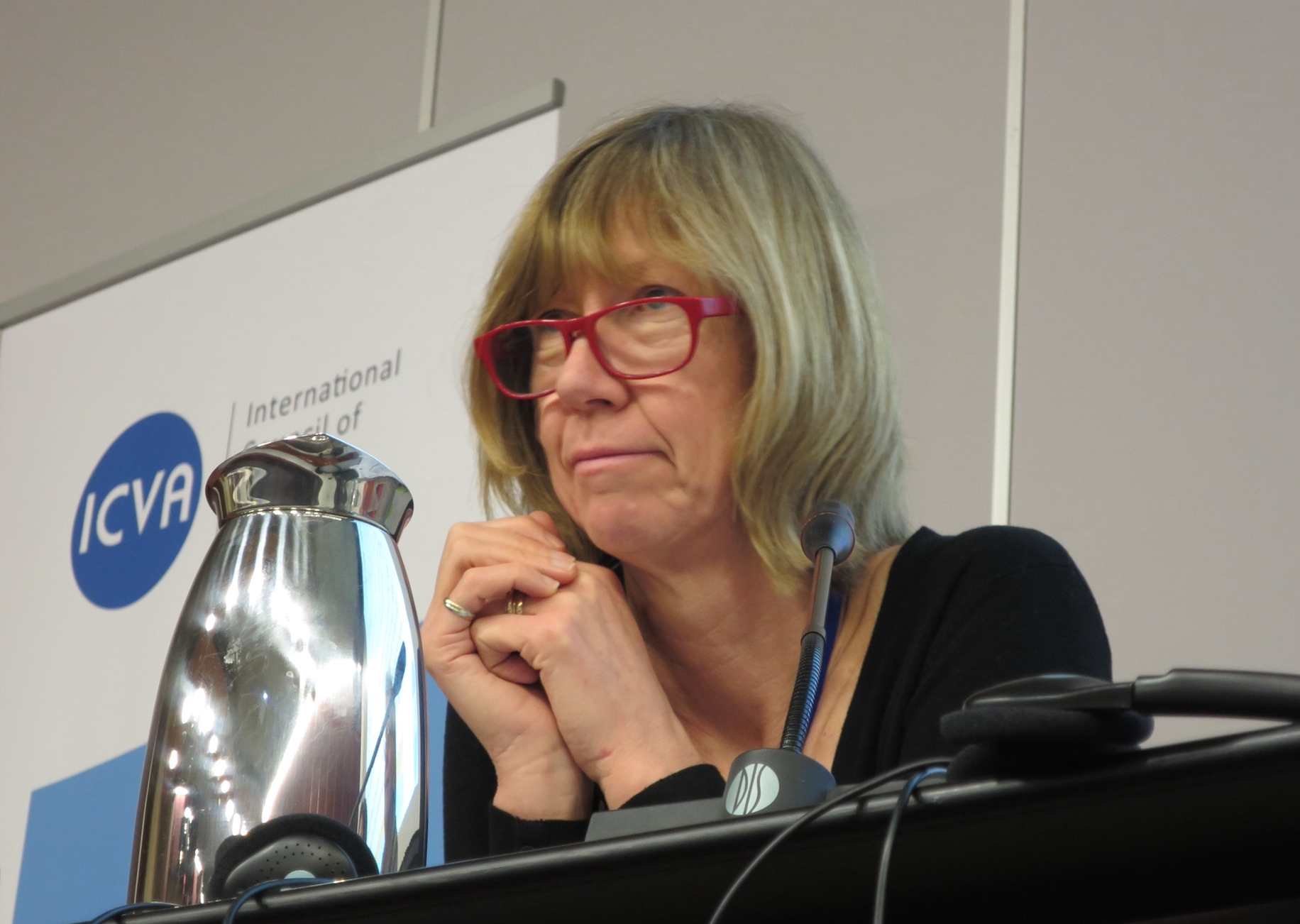
This conversation between Penny Lawrence and Robert White was recorded in July 2021 and is part of a collection of interviews with leaders of ICVA in the build-up to ICVA’s 60th anniversary in 2022.
Penny Lawrence was Chair of ICVA from 2012-2015.
Penny talks about setting up the ICVA regional hubs in Africa, Asia and the MENA region, and the shifting of power to members of the global south. She also talks about what inspired her during her time at ICVA.
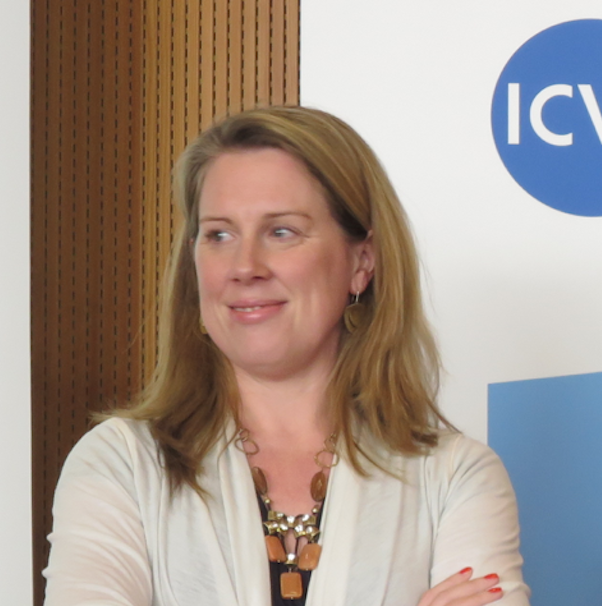
This conversation between Tanya Wood and Robert White was recorded in July 2021 and is part of a collection of interviews with leaders of ICVA in the build-up to ICVA’s 60th anniversary in 2022.
Tanya Wood was part of the ICVA staff from 2011-2014.
Tanya talks about the challenges of establishing the regional hubs, and questions the focus of ICVA.
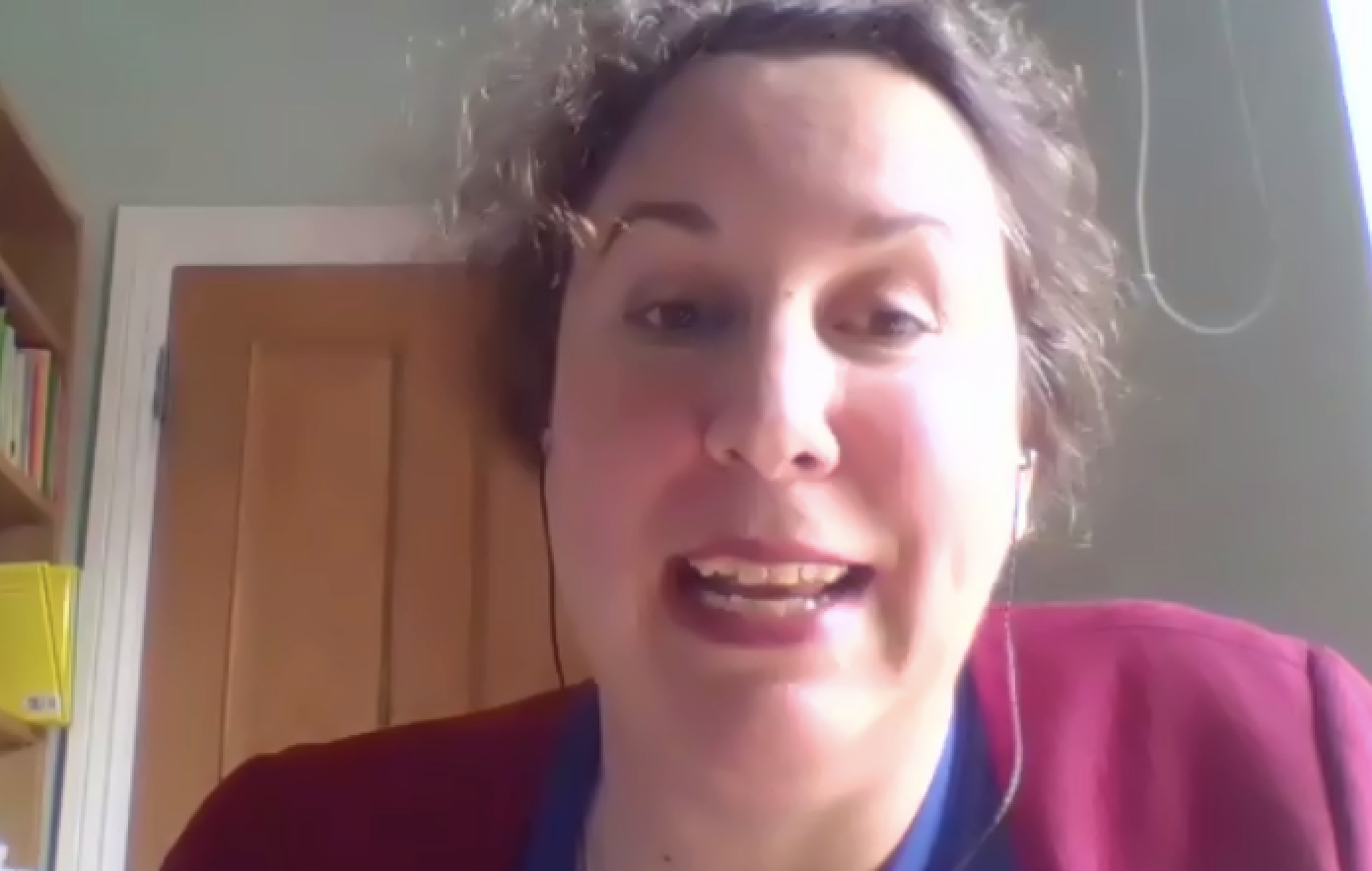
This conversation between Jane Backhurstand Robert White was recorded in July 2021 and is part of a collection of interviews with leaders of ICVA in the build-up to ICVA’s 60th anniversary in 2022. Jane Backhurst, who was elected Chair of ICVA at the 18th General Assembly in May 2021, and represents Christian Aid.
Jane talks about the localisation agenda, the importance of including leaders in the frontline of humanitarian crises, and ICVA’s response to the Covid 19 pandemic,

This conversation between James Munn and Robert White was recorded in July 2021 and is part of a collection of interviews with leaders of ICVA in the build-up to ICVA’s 60th anniversary in 2022. James Munn was an ICVA staff member from 2012-2015 and then served on the ICVA Board from 2019-2021.
Jamie talks about the operational realities of NGOs blurring the lines between humanitarian and development, ICVA’s instrumental role as interlocutor between the International humanitarian system and national agencies, and challenges ICVA to be more courageous and outspoken in their advocacy.
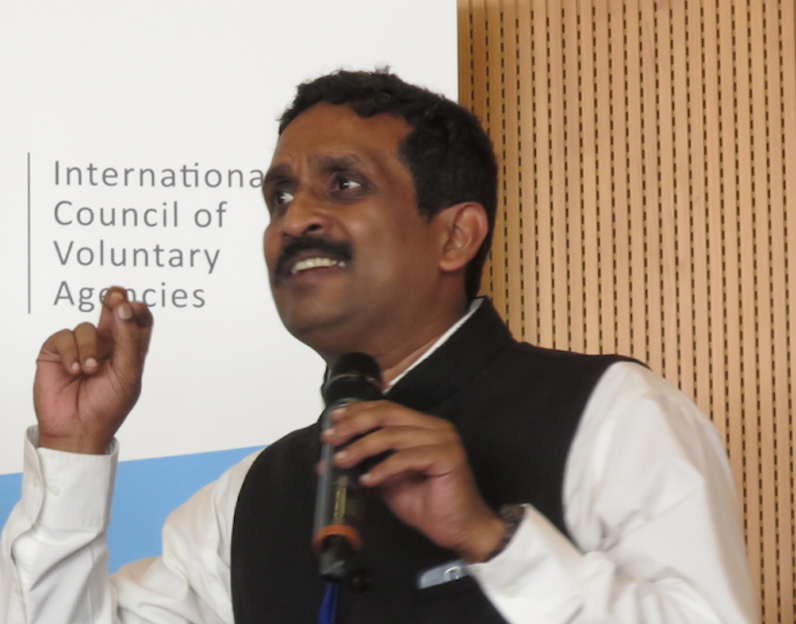
This conversation between Anoop Sukumaran and Robert White was recorded in July 2021 and is part of a collection of interviews with leaders of ICVA in the build-up to ICVA’s 60th anniversary in 2022.
Anoop Sukurman was elected Chair of ICVA in 2018.
Anoop talks about how ICVA has become a more inclusive organisation, the added value of the ICVA regional hubs, and the role of members in strengthening ICVA as a network.
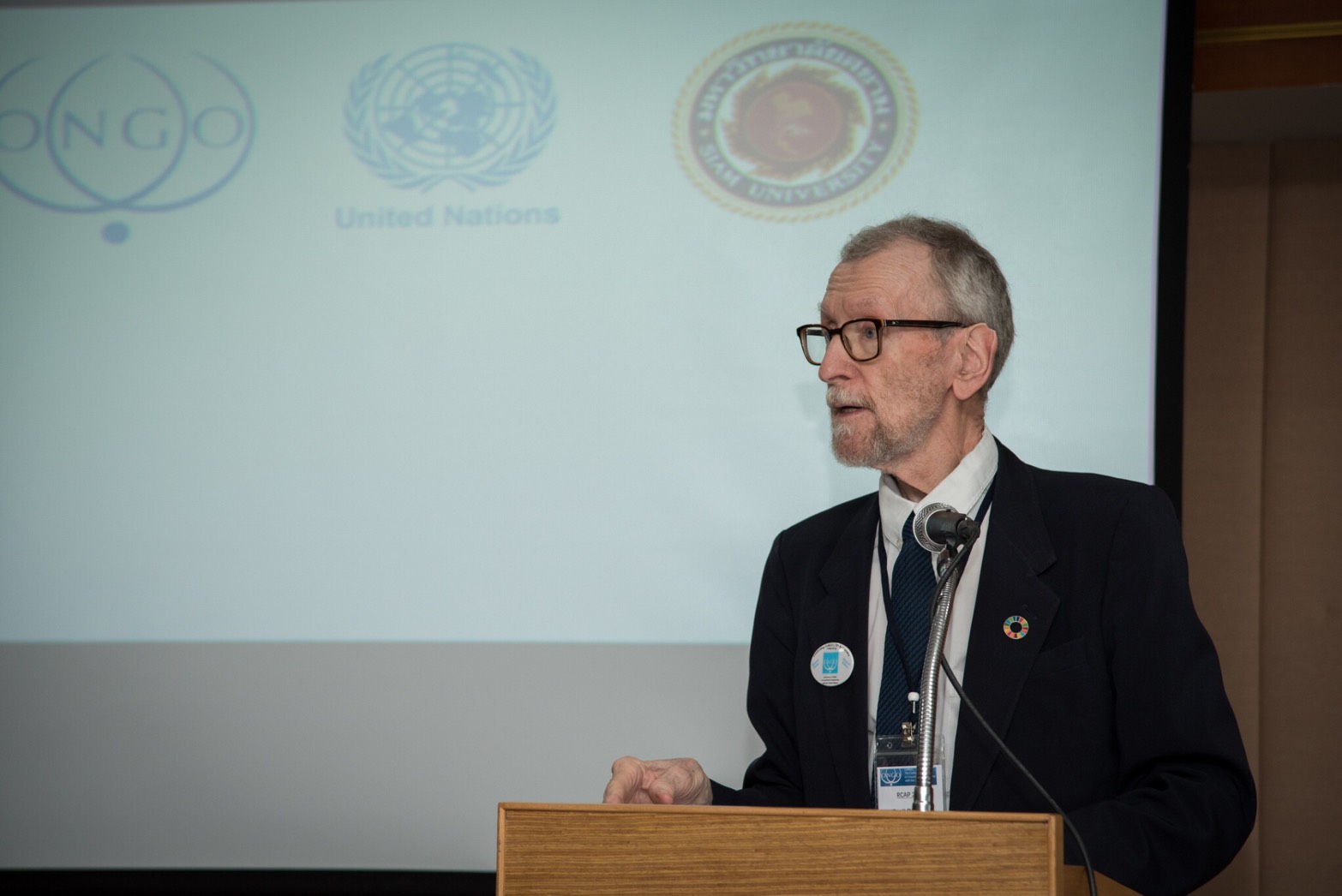
This conversation between Cyril Ritchie and Robert White was recorded in September 2021 and is part of a collection of interviews with leaders of ICVA in the build-up to ICVA’s 60th anniversary in 2022.
Cyril Ritchie was director of ICVA from 1964-1978, and again from 1990-1991.
Cyril talks about the importance of working together, how ICVA set the tone for cooperation, and how a network is only as strong as its members.
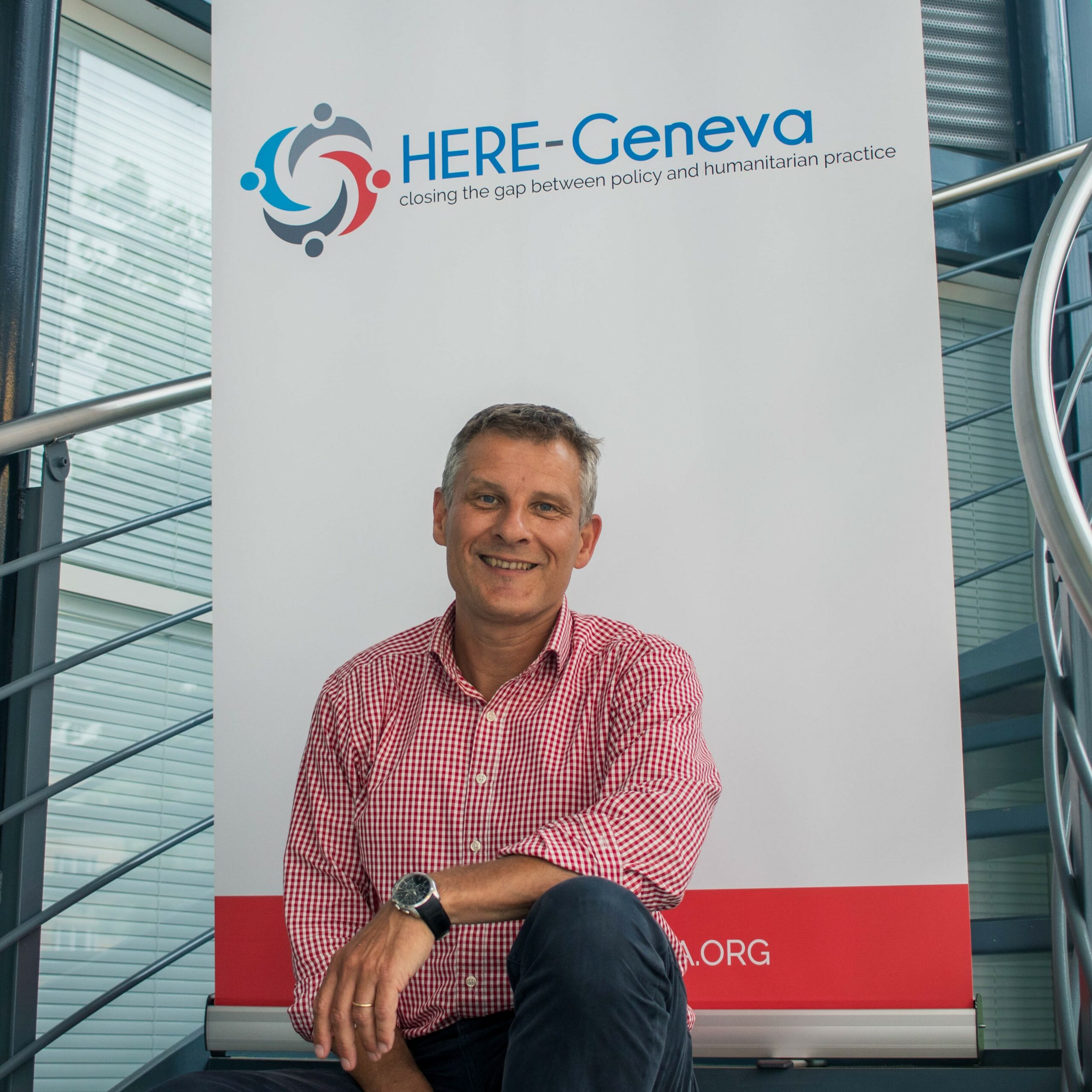
This conversation between Ed Shenkenburg and Robert White was recorded in July 2021 and is part of a collection of interviews with leaders of ICVA in the build-up to ICVA’s 60th anniversary in 2022.
Ed Shenkenberg was director of ICVA from 1997-2012.
Ed talks about ICVA’s financial crisis in the late 90’s, ICVA’s humanitarian focus, interviewing the candidates for the UNHCR High Commissioner for Refugees, and the importance of collaboration.
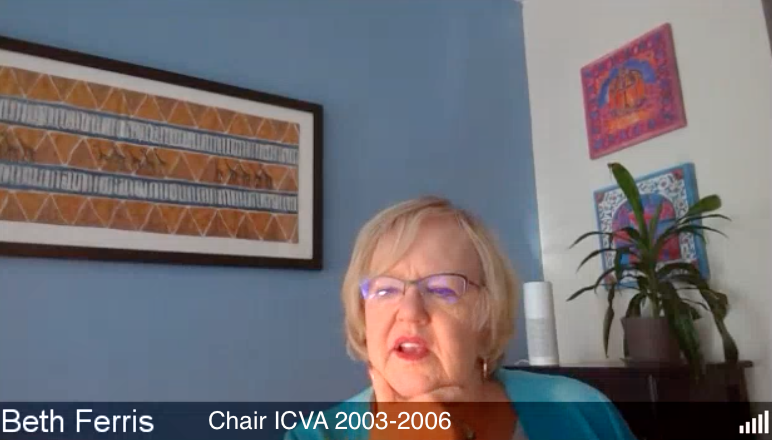
This conversation between Elizabeth Ferris and Robert White was recorded in July 2021 and is part of a collection of interviews with leaders of ICVA in the build-up to ICVA’s 60th anniversary in 2022.
Elizabeth served on the ICVA Board as vice chair from 1993-2003 and then as Chair 2003-2006.
Elizabeth talks about ICVA’s presence in Latin America in 1980’s, the humanitarian development divide, and the need for ICVA to be more outspoken.
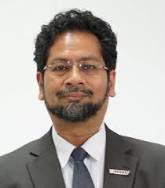
This conversation between Faizal Perdaus and Robert White was recorded in July 2021 and is part of a collection of interviews with leaders of ICVA in the build-up to ICVA’s 60th anniversary in 2022. Faizal was the Chair of ICVA from 2015-2018.
Faizal talks about being the first ICVA chair from the global south, the challenges of localisation, and the importance of humanitarian sector to have a focus on the impacts of climate change.

This conversation between Nan Buzzard and Robert White was recorded in July 2021 and is part of a collection of interviews with leaders of ICVA in the build-up to ICVA’s 60th anniversary in 2022.
Nan Buzzard was Executive Director of ICVA from 2013-2017.
Nan talks about how ICVA is an early adopter of issues, and how the issues of localisation and climate change will define the future.
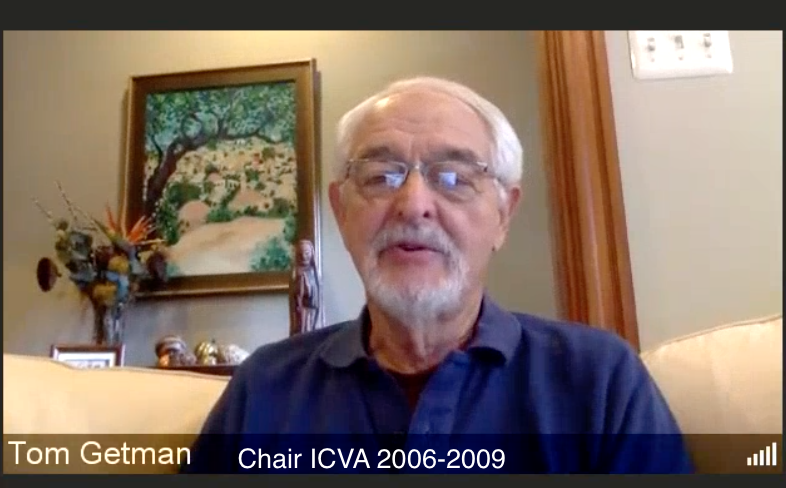
This conversation between Tom Getman and Robert White was recorded in July 2021 and is part of a collection of interviews with leaders of ICVA in the build-up to ICVA’s 60th anniversary in 2022.
Tom Getman was Chair of ICVA from 2006-2009.
Tom talks about his time as Chair of ICVA, about the practice and power of partnership, and the role of ICVA in the selection of the High Commissioner for UNHCR
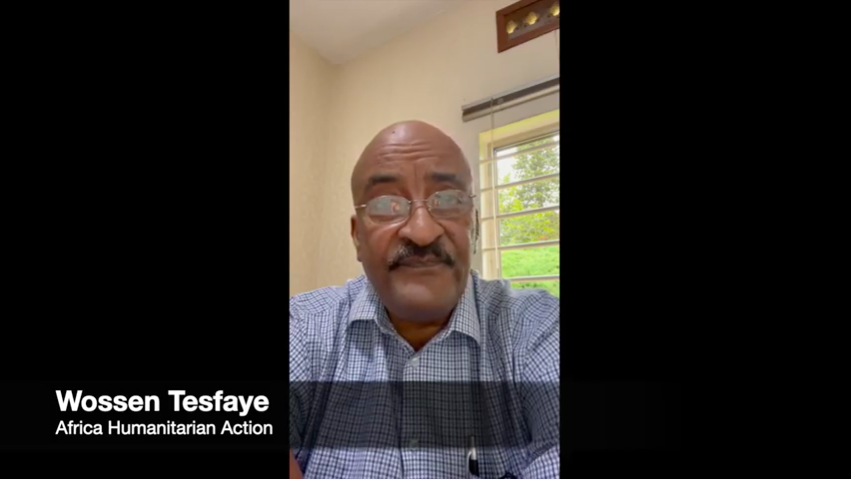
This conversation between Wossen Tesfaye and Robert White was recorded in July 2021 and is part of a collection of interviews with leaders of ICVA in the build-up to ICVA’s 60th anniversary in 2022.
Wossen Tesfaye has been an ICVA Board member since 2018, representing African Humanitarian Action.
Wossen talks about the benefits for an African NGO to be part of ICVA, the added value of the regional hubs, and the increasing relevance of organisations like ICVA to help find global solutions to problems that are local in nature.
Previous histories of ICVA include
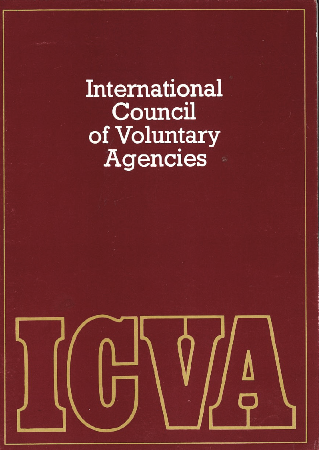
A brief history on the beginning of the International Council of Voluntary Agencies (ICVA). This document was published in 1977.
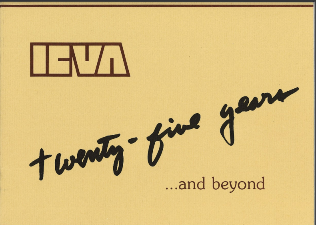
In 1987 we commemorated our 25th anniversary. This was a testimony of our growth in membership and our work around addressing key issues of concern to NGOs involved in humanitarian assistance and development cooperation.
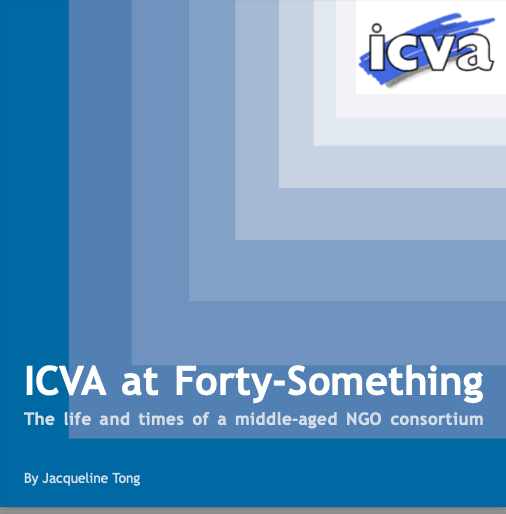
Reaching middle age prompts many to start reflecting on their past. The same has been true with ICVA as it moved well into its forties. Over the years, ICVA, like any organisation, has kept track of its history, growth, and development. Two short histories of ICVA were previously written – the latest one being when ICVA turned 25. We felt that, more than 20 years later, it was time to produce a more comprehensive narrative of the story of ICVA.

ICVA is a global network of non-governmental organisations whose mission is to make humanitarian action more principled and effective by working collectively and independently to influence policy and practice.
International Council of Voluntary Agencies
NGO Humanitarian Hub,
La Voie-Creuse 16, 1202, Geneva, Switzerland
Email: secretariat@icvanetwork.org
A curation of monthly updates, latest news, tools, and events around forced migration, coordination, financing, and cross cutting issues all sent straight to your inbox.